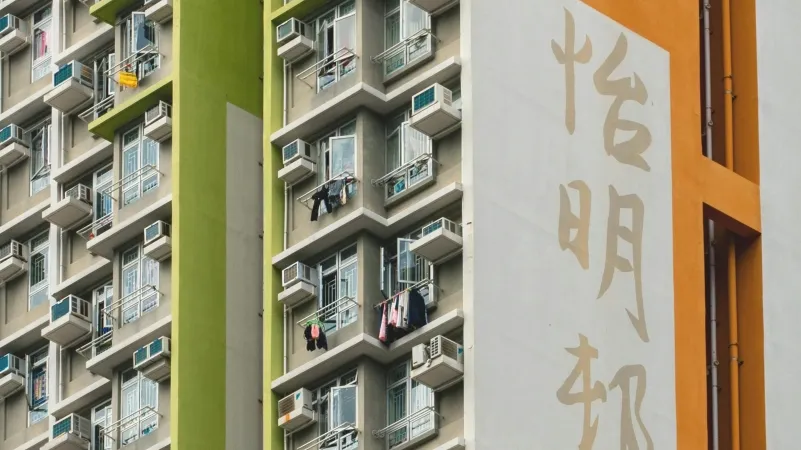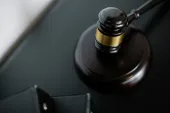
Amendment bill boosts environmental hygiene enforcement efficiency
Its first and second readings will be on 4 December.
The government has gazetted the Public Health and Municipal Services (Amendment) Bill, which aims to improve enforcement efficiency and deterrence to achieve sustainable advancements in environmental hygiene.
Situations like water seepage in buildings and water dripping from air conditioners cause a nuisance to neighbourhoods, the government noted. For effective handling, the nuisance source must first be ascertained before requiring the owner or occupier to resolve the issue within a reasonable timeframe.
The bill criminalises non-compliance, making it an offence to refuse investigators' entry without a valid reason. Investigations will be permitted between 7 AM and 10 PM, aligning with modern lifestyles and work schedules.
The bill also proposes tougher penalties for non-compliance with abatement notices and court orders to ensure quicker resolution of public health nuisances.
Property owners and occupiers will be held accountable for maintaining proper hygiene on their premises. For vermin issues in common areas of buildings, the bill recommends issuing notices to individuals responsible for building management, such as owners’ corporations or property management companies, to prevent infestations from spreading.
To reinforce deterrence, the bill proposes increasing maximum court-imposed penalties for offences related to vermin infestations, obstruction of public places by miscellaneous articles, and the illegal display of bills or posters. These penalty levels, unchanged since 1996, will be adjusted to reflect modern standards and ensure effectiveness.
Additionally, the bill introduces a new provision regarding shopfront extensions in the Public Health and Municipal Services Ordinance. This will empower the Food and Environmental Hygiene Department to handle shopfront extension cases independently.
Whilst the amendment aims to improve enforcement efficiency and clarify the nature of such offences, it does not alter existing enforcement standards or penalties under the Summary Offences Ordinance.
The amendment bill will be introduced in the Legislative Council for its first and second readings on 4 December.



















 Advertise
Advertise






